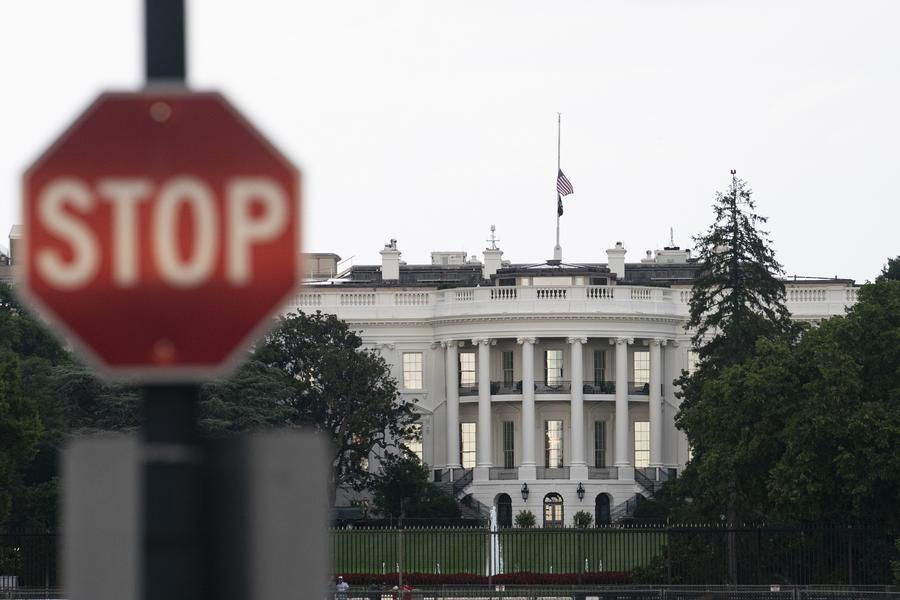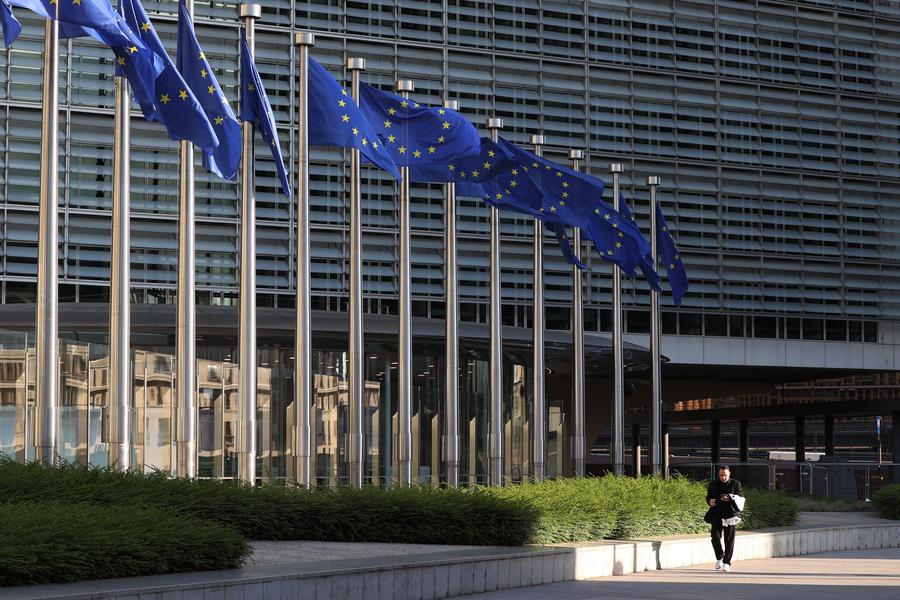Home>>
(Xinhua)

U.S. President Donald Trump imposed sweeping new tariffs on 69 trading partners, sparking global criticism over economic disruption and sovereignty concerns.
WASHINGTON, Aug. 2 (Xinhua) -- U.S. President Donald Trump on Thursday signed an executive order that further modified tariff rates with 69 trading partners, drawing criticism across the world.
The order, set to be implemented on Aug. 7, imposes"additional ad valorem duties on goods of certain trading partners," with rates ranging from 10 percent to 40 percent.
SWEEPING TARIFFS
Under the new executive order, the"universal" tariff for goods entering the United States will remain at 10 percent, the same rate implemented on April 2. However, the 10-percent rate will only apply to countries with which the United States has a trade surplus, CNN reported, citing a senior official.
For countries with which the United States has a trade deficit, a 15-percent rate will serve as the new tariff floor. Still, for more than a dozen other countries, the tariff rates are higher than 15 percent, either because they agreed to a trade framework with the United States or because Trump sent their leaders a letter requiring a higher tariff, it added.
On Thursday, Trump signed an executive order increasing the tariff on Canada from 25 percent to 35 percent, with the higher tariff taking effect on Aug. 1.
Goods qualifying for preferential tariff treatment under the United States-Mexico-Canada Agreement will continue to remain exempt from the new tariffs. Goods transshipped to evade the 35-percent tariff will be subject, instead, to a transshipment tariff of 40 percent.
On Wednesday, Trump signed an executive order implementing an additional 40-percent tariff on Brazilian goods, bringing the total tariff amount to 50 percent.
On the same day, Trump announced that Washington had reached a"full and complete" trade deal with South Korea, setting 15-percent tariffs on its exports.
South Korea has also agreed to invest 350 billion U.S. dollars in projects"owned and controlled by the United States," and selected by himself, Trump said.
Trump said on Wednesday that the United States would impose a 25-percent tariff on imports from India, starting on Aug. 1.
On July 27, Trump and European Commission President Ursula von der Leyen announced that they had reached a trade deal under which the United States would impose a baseline tariff of 15 percent on EU goods.
The deal allows the United States to impose a broad 15-percent tariff on EU goods while securing zero-tariff access for a range of strategic American exports.
In contrast, the EU has pledged to purchase 750 billion U.S. dollars' worth of American energy and commit an additional 600 billion U.S. dollars in investments in the United States.

Photo taken on May 23, 2025 shows European Union flags at the European Commission headquarters in Brussels, Belgium. (Xinhua/Zhao Dingzhe)
The higher tariffs continue Trump's reversal of the decades of globalization that made America's massive services economy the envy of the world but contributed to its long decline in manufacturing, CNN commented.
"Our businesses... need some degree of certainty, and all they're getting is chaos and inflation. So the Trump tariff trade war is a trade war on the American people. We've seen this week the chaos and uncertainty," said Chuck Schumer, Senate Democratic leader.
Canadian Prime Minister Mark Carney said in a statement on Friday that his government is disappointed by Trump's decision to increase the tariff on Canadian goods to 35 percent.
According to the statement, the sectors of lumber, steel, aluminum and automobiles are heavily impacted by U.S. duties and tariffs.
The Canadian government will act to protect Canadian jobs, invest in industrial competitiveness, buy Canadian and diversify export markets, said Carney.
Brazilian Finance Minister Fernando Haddad said his government will soon announce a response plan focused on providing financing assistance, deferring tax payments, accelerating export tax refunds, and reactivating labor protection policies.
Bernd Lange, chair of the European Parliament's Committee on International Trade, slammed the U.S.-EU deal as"significantly imbalanced." In a statement following the announcement of the agreement, he said that"concessions have been made that are difficult to bear."
The trade agreement is "a political, economic and moral fiasco," Marine Le Pen, leader of the far-right National Rally party in the French parliament, said in an X post.
"Hundreds of billions of euros of gas, as well as weapons, will have to be imported each year from the United States. This is a complete capitulation for French industry, and for our energy and military sovereignty," she said.
"I don't think Trump wants a trade deal. He wants these countries to surrender their economic sovereignty," said Sizo Nkala, senior research fellow at the Center for Africa-China Studies, University of Johannesburg.
"More than anything, the tariff rates represent an assault on and a violation of a rules-based multilateral trading system administered by the World Trade Organization," Nkala said.

